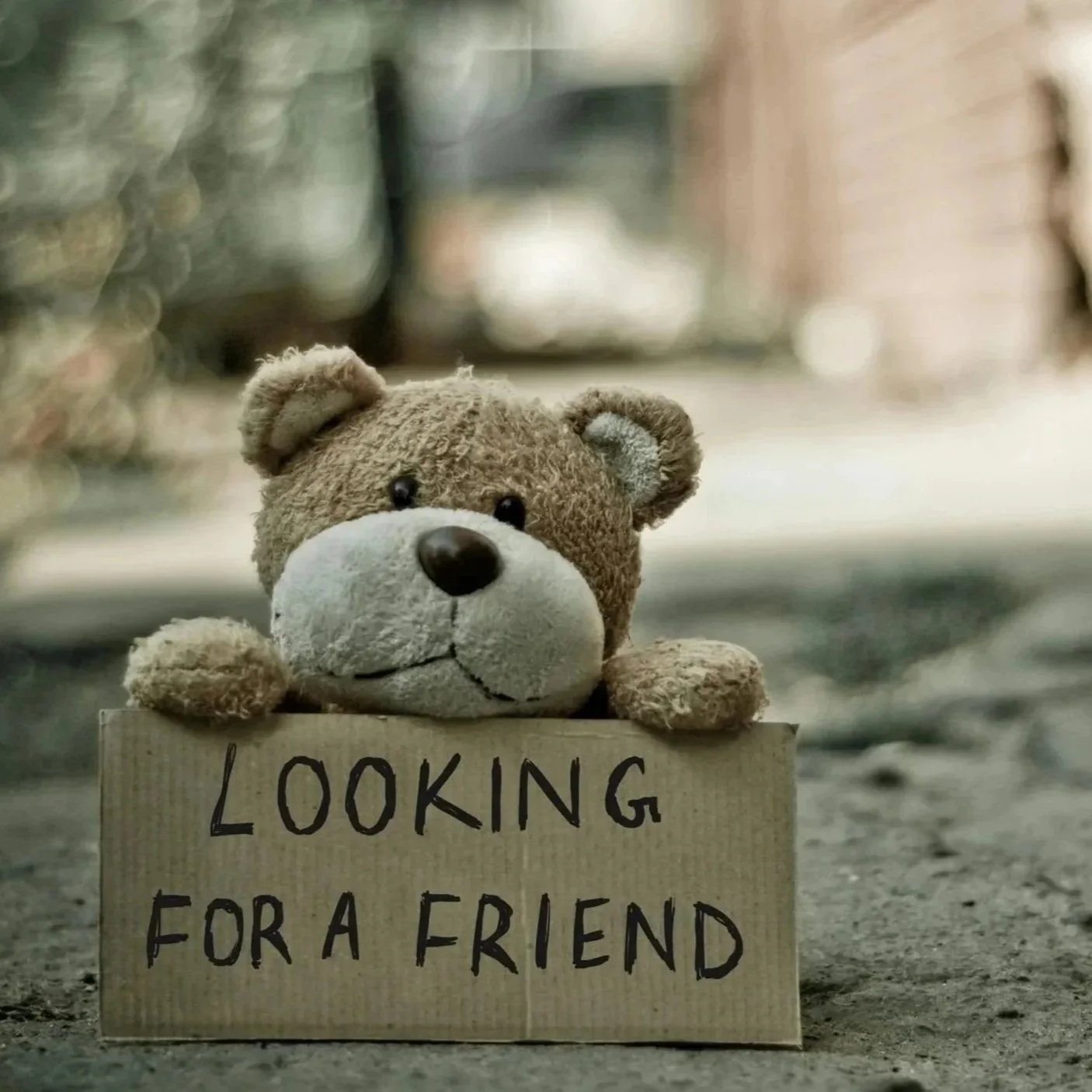The Fallout We Don’t Talk About: When Friendships Go Silent After Conflict
There’s a certain kind of pain that doesn’t show up in the obvious categories of loss. You have a disagreement with a friend—or maybe not even a full-on argument, just a tense moment, a misstep, a conversation that didn’t land quite right.
And then… silence.
Not a big blow-up. Not a dramatic breakup. Just nothing.
They stop responding. You wait, wondering when things will go back to normal. But days become weeks. Weeks become months. And now, you’re left wondering: Did we just… end?
The Pain of the Pause That Never Ends
What’s so destabilizing about this experience is that it doesn't follow any familiar script.
You didn’t unfriend each other.
You didn’t have “the talk.”
There’s no clear villain or resolution. Just a growing distance that no one seems willing to cross.
And that distance is confusing, especially for those of us who tend to replay every detail:
“Did I say the wrong thing?”
“Should I have tried harder?”
“Did I matter to them at all?”
Understanding Emotional Cutoff Through a Systems Lens
This is where family systems theory, particularly Bowen's concept of emotional cutoff, offers powerful insight. Bowen suggested that when people feel discomfort, conflict, or anxiety in a relationship, they often manage it by reducing or cutting off emotional contact. It’s not that they don’t care, it’s that the closeness became too overwhelming or too vulnerable.
Rather than process or repair, they disappear. It’s a strategy. Not necessarily a verdict on your worth or the friendship’s value.
From a structural family therapy perspective (Minuchin), we can also understand this dynamic in terms of boundaries. If a relationship lacked clear, flexible boundaries. If it was either too enmeshed or too disengaged, it may not have had the structure to withstand a rupture. In those cases, even minor conflict can cause a collapse instead of a repair.
Ambiguous Grief, Round Two
Just like in other life transitions, this kind of friendship silence creates ambiguous grief: a loss that’s unclear, unresolved, and hard to mourn. You don’t know what exactly you lost or when it happened. You just know something meaningful is missing and it’s taking up a lot of emotional space. This kind of grief can leave you suspended in the “in-between” still hoping, still hurting, and unsure if you’re allowed to move on.
If you’ve ever left a job or a chapter in your life and experienced a similar kind of disconnect… people not reaching out, not staying in touch. You’re not imagining a pattern. This, too, can create ambiguous grief, and I explore that specific dynamic in this related blog post on one-sided relationships after transitions.
How to Cope With the Silence
Acknowledge the loss (even if they haven’t). You don’t need their permission to grieve.
Don’t wait for closure, create it. Write a letter, light a candle, say what you wish you could say.
Resist the impulse to “diagnose” them. We don’t know their story, and even if we did, that wouldn’t soothe yours.
Notice where the silence lands in your body. Journaling or mindfulness can help metabolize the emotional residue.
Name what you miss. Was it the routine check-ins? The emotional intimacy? Naming the need helps you grieve it and eventually meet it elsewhere.
Whether this silence feels like a rupture or a slow fade, your feelings are valid—and worth processing. I support clients through these moments of unresolved tension and ambiguous loss in both therapy and coaching.
If you’re ready to explore it together, or even just curious if you should, start with a no-pressure conversation.
Articles for Further Exploration
Bowen, M. (1978). Family therapy in clinical practice. Jason Aronson.
Minuchin, S. (1974). Families and family therapy. Harvard University Press.
Boss, P. (2006). Loss, trauma, and resilience: Therapeutic work with ambiguous loss. W. W. Norton & Company.


